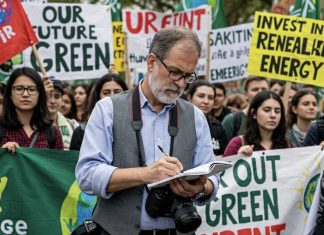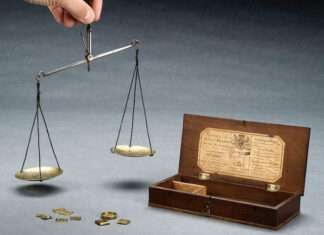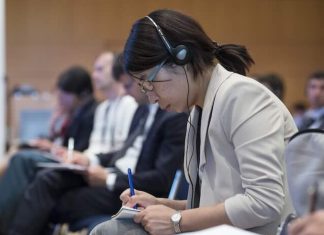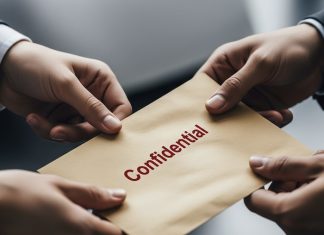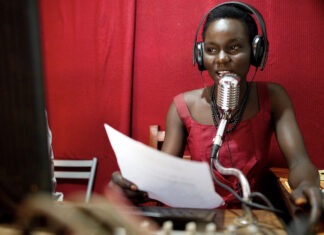Advanced
Our advanced section explores specialised topics for experienced journalists seeking to deepen their expertise. Develop your skills in data journalism, multimedia storytelling, investigative techniques, and complex narrative structures that elevate reporting to the next level. All our material is free to download, adapt and use. Scroll down our site map for all the content in this and other sections.
Climate change – language
Climate change is a complex and urgent story, demanding careful consideration of tone and language from the journalists covering the issue.
False equivalence and false balance
Journalists can sometimes present an inaccurate or false version of events by trying too hard to 'balance' a story or incorrectly treating elements of a story as being roughly equal.
The essential role of journalism
Journalism isn’t just reporting, it’s witnessing history, challenging power, amplifying unheard voices, and making sense of a chaotic world.
Journalists and politicians
Journalism is often referred to as “the fourth estate”, and is seen as being crucial to the functioning of a healthy and fair society.
Self-censorship in journalism
To combat self-censorship - a major hurdle for robust impartial journalism - journalists must first recognise why it happens and understand its root causes.
Handling story leaks and tip-offs
A critical factor for journalists when handling and disseminating leaked material is the need to take account of the motives of the leaker.
Data journalism – resources and tools
We have compiled a list of some of the leading resources and tools that are available for those starting out in data journalism.
Creating a current affairs programme
In this article we look at the steps involved in creating a radio news and current affairs programme based on the needs of the target audience.
You might also like
Community radio project plan
Launching a community radio station is a complicated exercise with lots of overlapping elements. The most important thing to do, before you do anything else, is to stop and think.
Organising effective newsgathering
Here we look at ways to set up a strong newsgathering team from planning, production through to output.
News writing for beginners
A journalist writing a news story is the author, organiser and decision maker. Without them the story may never be told.
